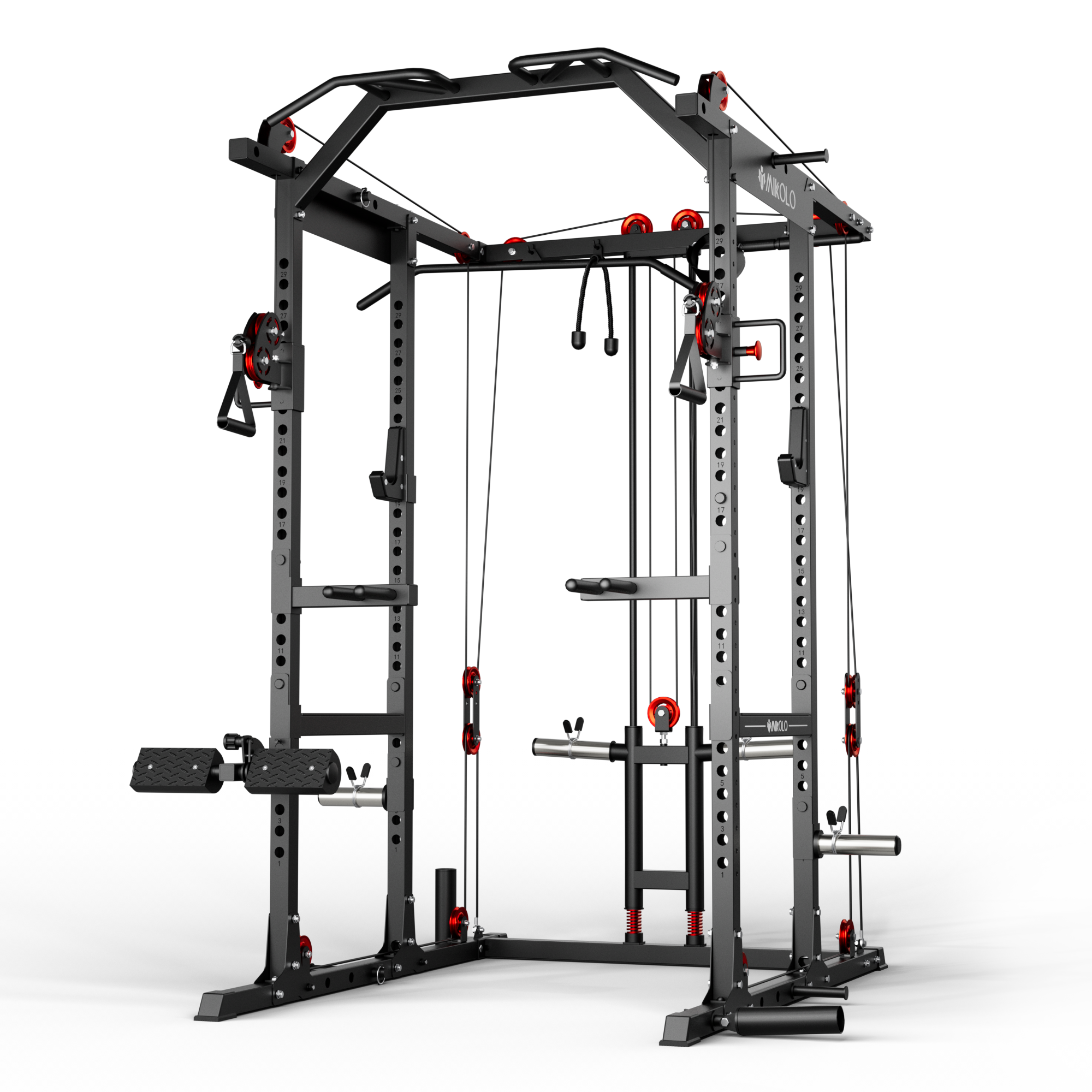Achieving sustainable fat loss isn’t about doing endless cardio or lifting heavy every day—it’s about finding a balanced routine that supports fat burning while preserving lean muscle. A smart combination of cardio and strength training can optimize your metabolism, enhance recovery, and create long-term results.
Why Combine Cardio and Strength Training?
Cardio burns calories and improves cardiovascular health, while strength training increases muscle mass, which in turn raises your resting metabolic rate. When you integrate both into a weekly plan, you get the best of both worlds: immediate calorie burn and long-term fat loss benefits.
Weekly Cardio and Weight Training Schedule for Fat Loss
Here’s a sample schedule designed to maximize fat loss while allowing adequate rest and muscle recovery:
Monday – Strength Training (Full Body)
Focus on compound movements like squats, deadlifts, push presses, and rows. Keep rest periods short (30-60 seconds) to keep your heart rate elevated and your body in a fat-burning zone.
Tuesday – Low-Intensity Steady State (LISS) Cardio
A brisk 45-minute walk or incline treadmill session. LISS is effective for fat oxidation without taxing recovery.
Wednesday – Strength Training (Upper Body) + Core
Train major upper body muscles with bench presses, pull-ups, dumbbell rows, and shoulder presses. Add planks and leg raises for core engagement.
Thursday – High-Intensity Interval Training (HIIT)
Alternate 30 seconds of sprinting with 90 seconds of walking, repeated 8–10 times. This improves cardiovascular capacity and promotes excess post-exercise oxygen consumption (EPOC), keeping your body burning fat for hours after your workout.
Friday – Strength Training (Lower Body)
Target glutes, quads, hamstrings, and calves. Include exercises like lunges, leg presses, hip thrusts, and calf raises. End with light stretching or foam rolling.
Saturday – Active Recovery or LISS
A bike ride, swimming, or another low-impact activity that gets your body moving but doesn’t stress your joints or muscles too much.
Sunday – Rest or Yoga
Let your body recover and reset. If you feel tight or stressed, a gentle yoga session can promote circulation and help reduce cortisol levels.
My Personal Journey with This Training Style
When I first started pairing cardio with strength training, I was skeptical. I came from a background of long-distance running and thought weights would slow me down. But after months of plateaus and burnout, I made the switch. Within six weeks of following a structured split like the one above, I noticed my clothes fit differently, my energy increased, and the scale finally started to move again—without cutting calories dangerously low or spending hours in the gym.
Most importantly, I felt strong. I wasn’t just lighter—I was leaner, more athletic, and more confident.
Final Thoughts
The best cardio and strength training schedule for weight loss is one that you can stick with consistently. Aim for at least three resistance sessions per week, pair them with two to three cardio sessions (varying in intensity), and listen to your body on rest days. Combine this approach with proper sleep, nutrition, and hydration—and your fat loss results will speak for themselves.













































Leave a comment
This site is protected by hCaptcha and the hCaptcha Privacy Policy and Terms of Service apply.